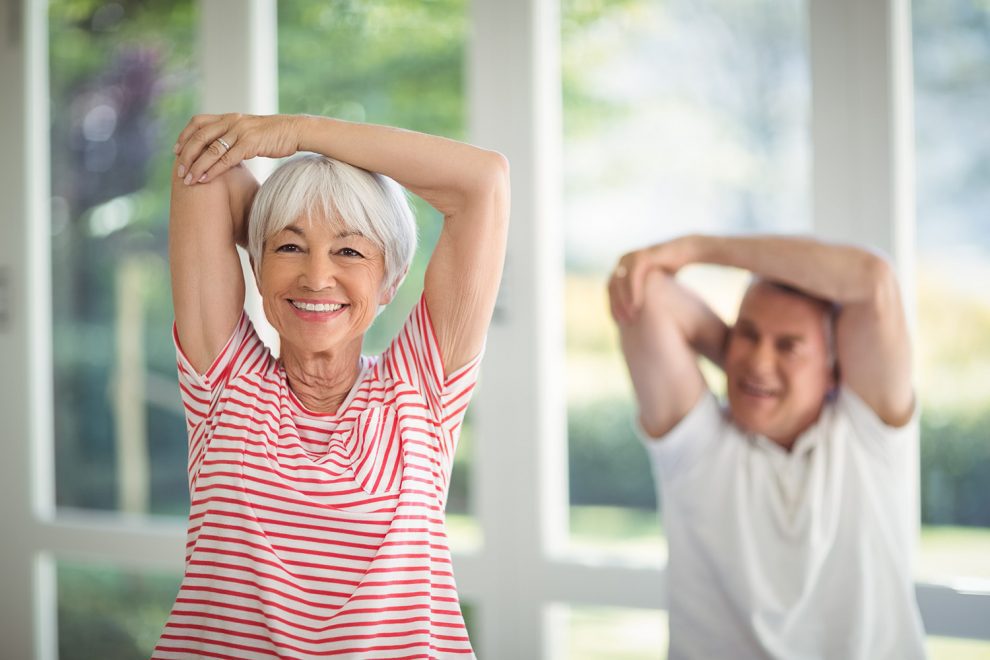A Melbourne research team will explore whether doctors should prescribe exercise to stroke patients to help with their brain function and physical recovery.
Doctor Matthew Pase from the Florey Institute for Neurosciences and Mental Health will lead the groundbreaking study.
The study has been funded under the Stroke Foundation 2019 Research Grant Round and has the potential to pave the way for a larger, more definitive study which could challenge and change current practice.
Doctor Matthew Pase said positive results could open the door for exercise to be recognised as medicine in stroke treatment.
“Research shows, three years after a stroke, thirty percent patients experience cognitive decline (thinking and memory impairments) or dementia, but there are no current therapies to prevent it,” Dr Pase said.
“We know exercise improves physical health, but the benefits are likely to be much broader. It seems like common sense, but it’s a concept that has been neglected in a clinical setting.
“I am thankful the Stroke Foundation Seed Grant of $50,000 will help get this important research started. The research would not be possible without it.”
Around 100 stroke patients will be part on the initial study. Some will complete an aerobic exercise program while others will be in a control group involving stretching exercises for two months.
Advanced brain imaging techniques will be used to accurately measure brain volumes before and after their intervention and at one year after their stroke. Thinking and memory skills will also be examined.
Stroke Foundation Research Advisory Committee Chair Professor Amanda Thrift said this project has the potential to make a real difference for people with stroke.
“After a stroke, cognitive decline can be an incredibly challenging issue for people. It can impact their independence and ability to live well,” Professor Thrift said.
“We already know the physical benefits of exercise include reduced cholesterol, improved blood pressure and diminished stress, anxiety and depression.
“If exercise is proven to preserve brain health as well as help the body recover, it is a win-win.”
Associate Professor Amy Brodtmann is also part of the research team for this project.
There are around 475,000 Australians currently living with the impact of stroke.
Dr Pase is one of six researchers to be awarded a share of almost $500,000 through the 2019 Stroke Foundation research grants round.





















[…] After something else interesting to read? – Exercise the right medicine for the brain […]
[…] Want to read more? – Exercise the right medicine for the brain […]